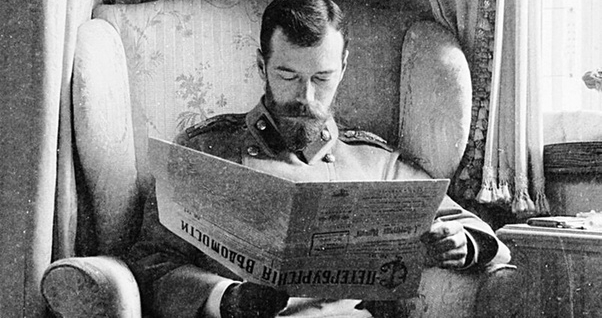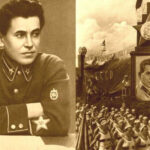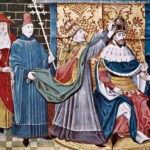How bad was Czar Nicholas the II? Czar Nicholas II, the last Emperor of Russia, is a highly controversial historical figure. His reign saw significant turmoil and ultimately ended with the Russian Revolution, leading to the fall of the Romanov dynasty. Here are some key points that contribute to his negative reputation:
Incompetent Leadership:
Nicholas II is often criticized for his lack of effective leadership skills. He was seen as indecisive and out of touch with the needs and conditions of his people.
His reliance on autocratic rule and resistance to political reforms further alienated various segments of Russian society.
Bloody Sunday (1905):
On January 22, 1905, peaceful protesters marching to present a petition to the Czar were fired upon by soldiers, resulting in a massacre. This event severely damaged Nicholas’s reputation and sparked widespread unrest.
Role in World War I:
Nicholas II made the decision to involve Russia in World War I, which had disastrous consequences for the country. The Russian military was ill-prepared, and the war effort led to massive casualties and economic hardship.
His decision to personally take command of the Russian army in 1915 was also criticized, as it left the government in the hands of the unpopular Tsarina Alexandra and her advisor, Rasputin.
Economic Hardship and Famine:
During his reign, Russia experienced severe economic problems, including food shortages and inflation, which contributed to widespread social unrest.
February Revolution (1917):
Nicholas’s inability to address the grievances of his people led to the February Revolution in 1917. He was forced to abdicate the throne, ending more than three centuries of Romanov rule.
Execution:
After his abdication, Nicholas II and his family were placed under house arrest. In 1918, they were executed by the Bolsheviks, marking a brutal end to his reign and the Romanov dynasty.
While Nicholas II was not necessarily malevolent, his reign is often characterized by his inability to effectively govern and respond to the rapidly changing political and social landscape of early 20th-century Russia. His actions, or lack thereof, contributed to the collapse of the Russian Empire and the rise of the Soviet Union


